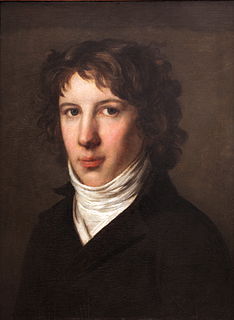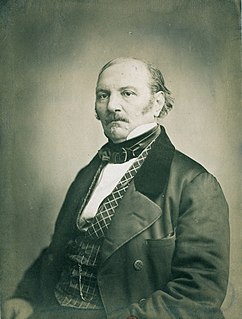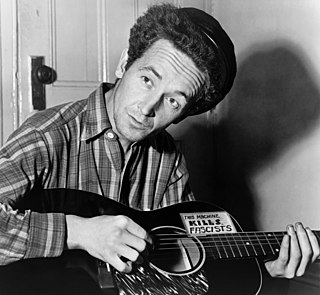A Quote by James Anthony Froude
Just laws are no restraint upon the freedom of the good, for the good man desires nothing which a just law will interfere with.
Related Quotes
The legislator commands the future; to be feeble will avail him nothing: it is for him to will what is good and to perpetuate it; to make man what he desires to be: for the laws, working upon the social body, which is inert in itself, can produce either virtue or crime, civilized customs or savagery.
The relative freedom which we enjoy depends of public opinion. The law is no protection. Governments make laws, but whether they are carried out, and how the police behave, depends on the general temper in the country. If large numbers of people are interested in freedom of speech, there will be freedom of speech, even if the law forbids it; if public opinion is sluggish, inconvenient minorities will be persecuted, even if laws exist to protect them.
I know some say, let us have good laws, and no matter for the men that execute them: but let them consider, that though good laws do well, good men do better: for good laws may want good men, and be abolished or evaded [invaded in Franklin's print] by ill men; but good men will never want good laws, nor suffer ill ones.
The gun control mentality is ruthlessly absurd. It suggests that you pass a law which will bind law-abiding citizens — they won't have access to weapons. Now, we know that criminals, by definition, are people who don't obey laws. Therefore, you can pass all the laws that you want, they will still have access to these weapons, just as they have access to illegal drugs and other things right now. That means you end up with a situation in which the law-abiding folks can't defend themselves, and the crooks have all the guns.
Man must learn to believe in that which he does not, at the moment, see in order to grant himself that which he desires to have. Man's prayers are always answered, for he always receives that which he believes. The law that governs prayer is impersonal. Belief is the condition necessary to realize the desire. No amount of pleas or ritual will bring about the fulfillment of your desires other than the belief that you are or have that which you want.
God did not create the evil. He established the laws which are always good because he is good. The spirits would have been completely happy had they faithfully observed the law since the beginning. But, being free to make choices, the spirits have not properly obeyed them so that evil come as a consequence of this unwillingness. One can then say that good corresponds to everything which is in accordance with God's law while evil is everything which opposes it.
God has created all things for good; all things for their greatest good; everything for its own good. What is the good of one is not the good of another; what makes one man happy would make another unhappy. God has determined, unless I interfere with His plan, that I should reach that which will be my greatest happiness. He looks on me individually, He calls me by my name, He knows what I can do, what I can best be, what is my greatest happiness, and He means to give it me.
Man is full of desires: he loves only those who can satisfy them all. "This man is a good mathematician," someone will say. But I have no concern for mathematics; he would take me for a proposition. "That one is a good soldier." He would take me for a besieged town. I need, that is to say, a decent man who can accommodate himself to all my desires in a general sort of way.
The laws of thought are natural laws with which we have no power to interfere, and which are of course not to be in any way confused with the artificial laws of a country, which are invented by men and can be altered by them. Every science is occupied in detecting and describing the natural laws which are inflexibly observed by the objects treated in the Science.
Nothing can alter the character of God. In the course of a human life, tastes and outlook and temper may change radically: a kind, equable man may turn bitter and crotchety: a man of good-will may grow cynical and callous. But nothing of this sort happens to the Creator. He never becomes less truthful, or merciful, or just, or good, than He used to be.






































